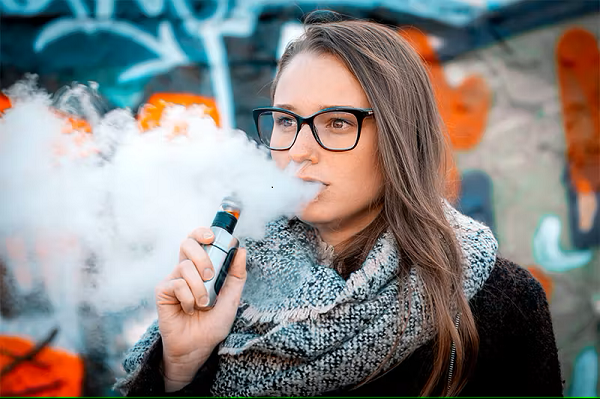For the first time, the FDA has accused four small vaping companies of continuing to sell e-liquid even after receiving warning letters from the agency and has filed civil money penalty lawsuits against them.
A single infraction about tobacco products may result in a maximum civil money penalty (CMP) of $19,192 under the Food, Drug, & Cosmetic Act, of which the Tobacco Control Act is a part. For the four businesses listed today, the agency is requesting the highest punishment possible. They are as follows:
- BAM Group LLC - Montgomery, AL - VapEscape
- LLC Great American Vapes, Shreveport, Louisiana
- Albany, Georgia-based The Vapor Corner Inc.
- Norman, Oklahoma - 13 Vapor Co. LLC (13 Vapor)
The four vaping enterprises are situated in the South and seem to be one-off retail operations that produce their e-liquids and sell them directly to customers. The FDA filed complaints alleging that all four of them continued to sell items that were prohibited even after receiving warning letters for doing so in 2021 or early 2022. These inspections took place on the premises.
In the first wave of marketing denial orders (MDOs) issued in late summer 2021, premarket tobacco applications (PMTAs) submitted by two of the cited companies, BAM Group and Great American Vapes, were denied. Three businesses got MDOs from the FDA on the first day of issuance, including Great American Vapes.
The corporations have thirty days to react, during which time they may choose to pay the fine, reach a settlement, ask for an extension of time to respond to the complaint, or respond and request a hearing. The FDA states that companies who do not react within 30 days "risk a default order imposing the full penalty amount.
The FDA Center for Tobacco Products (CTP) director, Brian King, made speeches and issued a dramatic news release to publicize the complaints, which were lodged on February 15 but only made public today. This Friday, February 24, King is expected to respond to inquiries from vapers and members of the vaping business during a public event hosted by the American Vapor Manufacturers Association (AVM).
According to King's statement in the FDA press release, "holding manufacturers accountable for making or selling illegal tobacco products is a top priority for the FDA." "We're ready to use every tool at our disposal to enforce the law, particularly against those who have disregarded the agency's warnings and have persisted in breaking the law."
The Department of Justice provided assistance to the FDA in October of last year in order to pursue injunctions against six small vaporizer companies that the agency claimed either ignored warning letters or refused to cease operations after receiving them.
Since January 2021, the FDA claims to have sent over 550 warning letters to businesses selling "tobacco products" without a marketing authorization; the majority of these businesses are minor e-liquid producers, such as the ones listed today. The majority of warning letter recipients, according to the government, have taken their items off the market.
Regarding today's FDA moves, AVM Vice President Allison Boughner stated, "Crushing tiny domestic manufacturers will do nothing to change adult consumer demand for flavored harm reduction products like vaping." This is because 12 to 18 million adults in America vape and the great majority of them favor flavors other than tobacco. This foolish strategy by the FDA combines drug war failures with a shocking disregard for the overwhelming body of evidence showing that vaping is the safest method of quitting smoking and far safer than smoking cigarettes.
The FDA approved the sale of seven unpopular vaping devices (as well as tobacco-flavored refills for each) in the US after granting itself regulatory power over vaping items in 2016. The FDA has denied PMTAs for millions of vaping products, the majority of which are bottled e-liquid.






